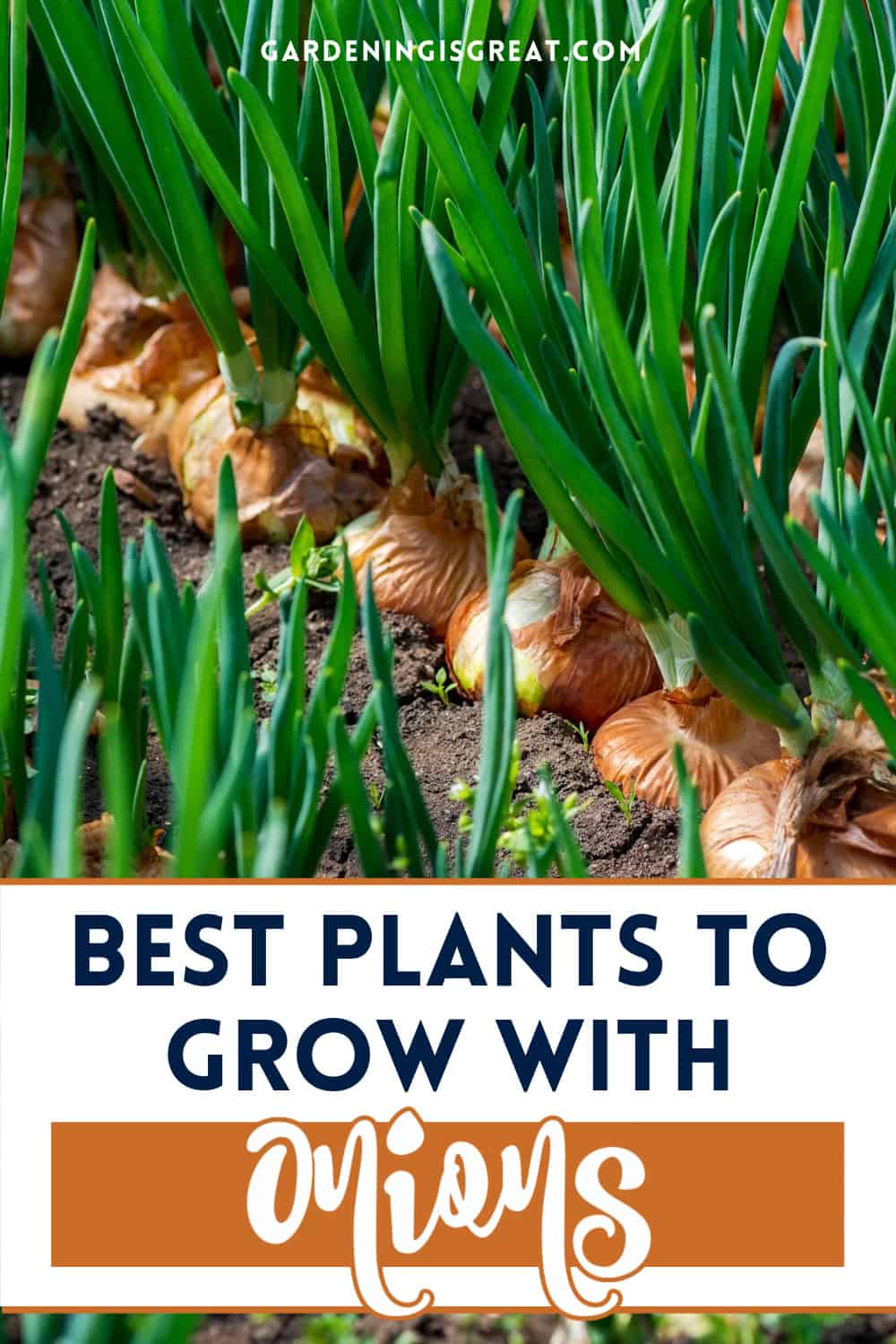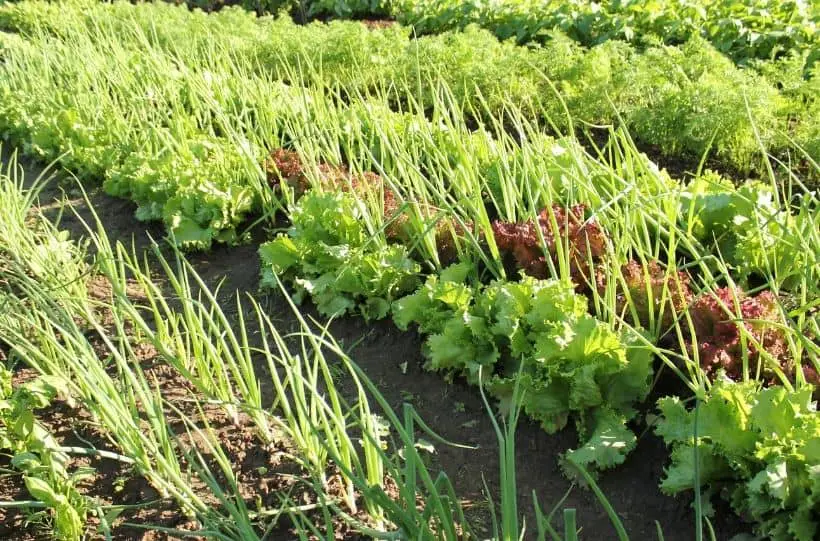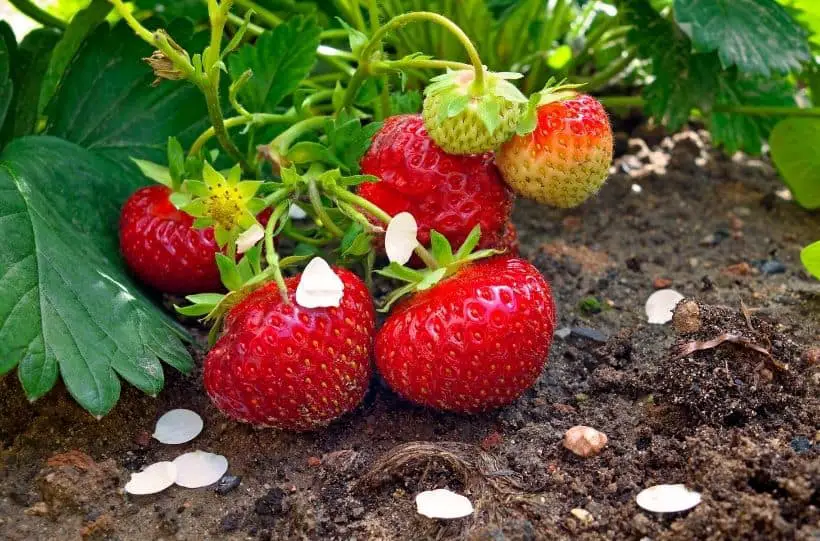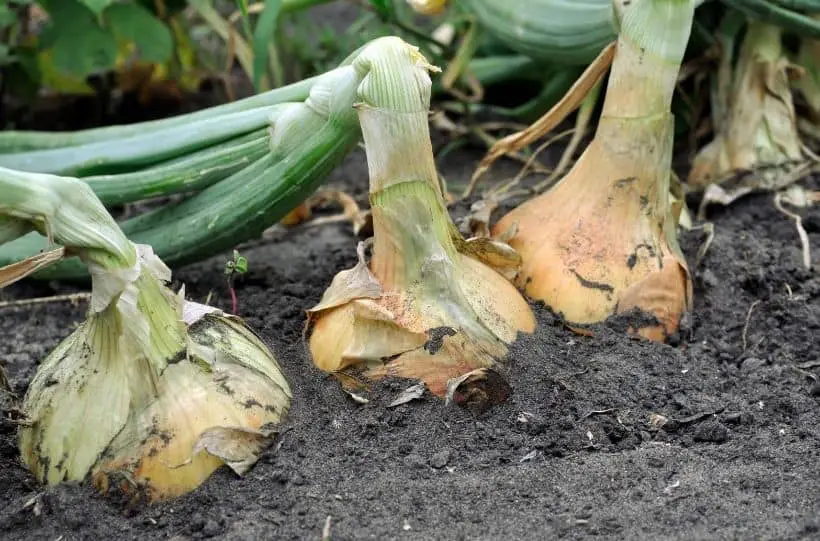Companion Planting Onions: The Best Companion Plants For Onions
Companion planting is a great way to make the most of your garden. Plants like onions are valuable companion plants that can help protect your garden while providing for your family.
Companion planting onions can be vital to protecting your crop from toothless maggots and other common problems onions tend to face.

Why Should You Companion Plant Onions?
Onions are relatively small but need to be spaced out. A great way to do this is to use them to line the side of a garden bed where they can grow in peace all season long and the soil is often softened enough to plant earlier than the center of the bed.
And by choosing to add other plants with deeper roots in the same garden bed you can make the most of your entire garden.
How To Best Companion Plant Onion
Onions make a great companion plant for other plants because the strong scent of onions is a great way to repel unwanted insects and pests from your garden beds.
Growing onions along the outer edge of garden beds is a great way to take advantage of this property and to help protect plants that are prone to pest issues to improve your overall garden yield, whilst also producing a wonderful and flavorful vegetable that stores well for use over the winter.
Onions are very flavorful as well as fragrant so they should only be grown where they will not affect other plants or tend to add more flavor that compliments their companions fairly well.
Onions do particularly well when scattered around the garden to help prevent the spread of diseases and insects between each plant.
If used to line a garden bed for protection, mix in with other protective plants.

The Best Companion Plants for Onions
Broccoli
Broccoli makes a great companion plant for onions. Planting your onions along the outer ring of your broccoli bed allows you to use up this empty space while helping to protect your broccoli from common pests that enjoy eating young tender broccoli plants.
Tomatoes
Tomatoes are a wonderful plant to grow in with your onions. Once planted your tomatoes will not be dug up during the season to interrupt the soil for your onions.
You can plant onions in the outer ring of your garden bed or along a side of your garden bed to help protect your garden and repel common insects that like to eat your tomatoes. Onions while pungent will only enhance the flavor of your tomatoes.
Strawberries
Strawberries are a great perennial that can be left in a garden bed and left to thrive for years on end.

This means you can leave a space along the outer edge of your strawberry garden bed where you can add onions in the early spring.
Before your strawberry plants are fully up and running your onions will be standing guard to protect them from unwanted insects.
Lettuce
Lettuce can benefit from the growth of onions either along the outer ring of the garden bed or mixed in with the plants.
Like many plants in the cabbage family, lettuce can benefit from the insect repelling properties of onions and the flavor of the plants will remain the same as expected.
Your lettuce unless also grown with tall plants like tomatoes for shade will likely tie off fairly early in the season once the heat rolls in allowing your onions a bit more room to spread.
Even shade-provided lettuce tends to die off long before its companion plants making for a great option for the companion planted garden.
Dill
Dill makes a great companion plant for onions that can help protect your garden. The deep and thin tap root allows it to fit into tight spaces without getting in the way of other plants.
The blooms of dill help to attract beneficial insects to your garden to pollinate and keep pests at bay.
Bad Companion Plants For Onions
Peas and beans should not be grown near onions. They can lead to slow growth for your onions that do not tend to like soil that is very heavy with nitrogen. Onions can also cause flavor issues for your beans and peas making it best to keep these apart.
Many of the companion plants for beans also thrive with onions, so to make the most of this situation plant your beans and peas on the north side of your garden bed, they will reflect heat back at heat-loving plants like tomatoes, and then grow your onions on the south side of the garden bed, far from your beans.
Avoid planting other plants in the onion family like leeks and garlic near your onions where they will only compound issues with pests that commonly bother onions.

So now that you know which plants grow best with onions, and why they make a great companion plant for the garden. Why not check out these other companion planting guides:

